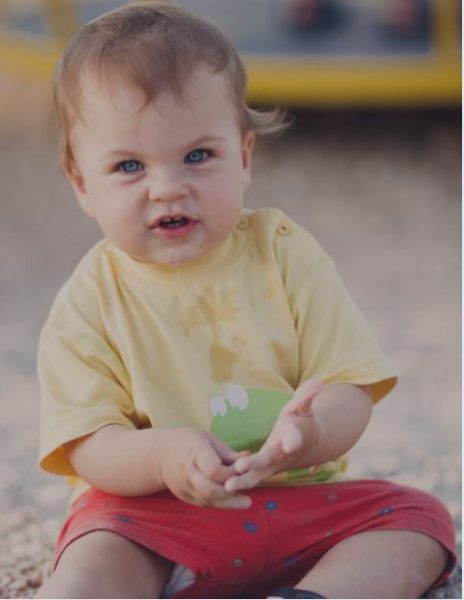Are you aware of the connection between drooling/feeding problems and speech delay?
 Most infants and toddlers go through periods of drooling.
Most infants and toddlers go through periods of drooling.
Most often drooling is related to teething, so it should ebb and flow, peaking as the primary teeth erupt and then disappearing completely by the age of three.
Children whose drooling doesn’t resolve by age 3 are warning us of a potential problem. Clearly, a drooling child’s lips are frequently open, which is a sign that the lip muscles are weak.
Frequently the child is also having problems with chewing and swallowing, which suggests that the tongue and jaw muscles are also weak.
These are also the tongue and jaw muscles that are needed for speech.
Children whose muscles are too weak for lip closure, chewing and swallowing are at risk for speech delays as well.
To properly produce the sounds “p” and “b”, you must firmly close your lips. To produce the sounds “t” and “d”, you have to tap your tongue tip on the front of your palate. The “k” and “g” sounds are produced with the back of the tongue raised to the back of the palate. And the “l” and “r” sounds are produced with a complex series of muscle movements that require a strong, toned tongue.
Toddlers can learn fun exercises to strengthen and tone their lips.
Toddlers can learn to chew solid foods and develop a mature rotary chew. They can learn to drink properly from straws and cups and quit using sippy cups and bottles to help eliminate their tongue thrusts. And these healthy eating habits will prepare them to produce clearer speech.
Two- and three-year olds whose speech is difficult to understand should be evaluated by a speech-language pathologist who understands the connection between drooling/feeding and speech problems.
Many times, the efficacy of speech therapy is greatly enhanced by combining it with an effective drinking and feeding program.